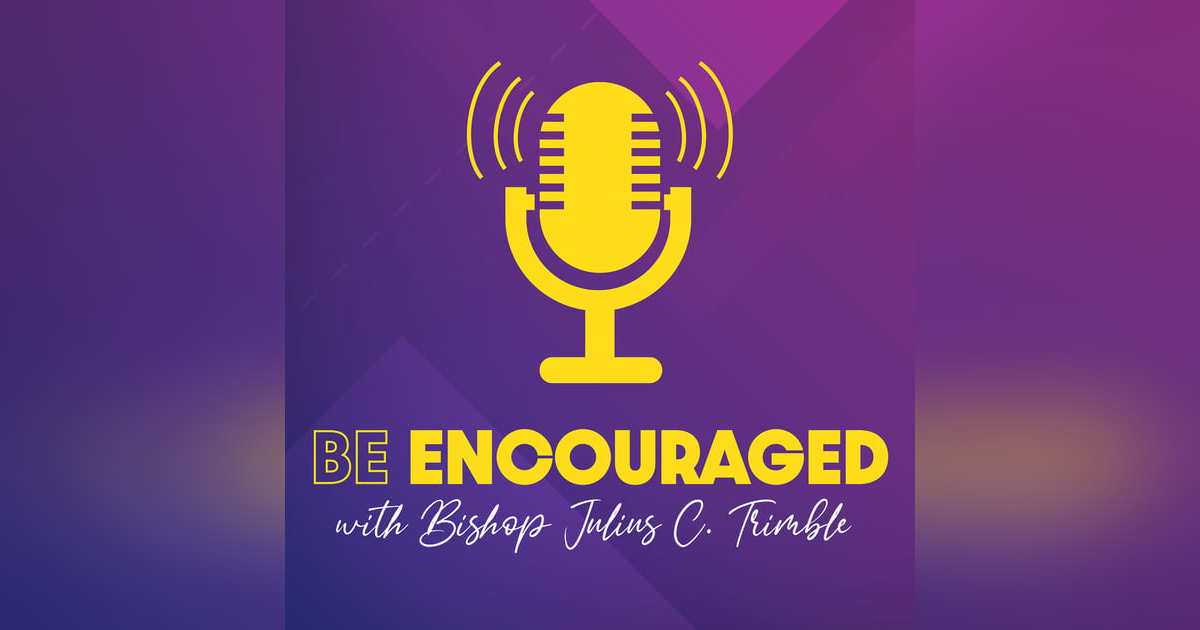Black History Month-History, Impact and Infuence

Bishop Julius C. Trimble is the Resident Bishop of the Indiana Area of the United Methodist Church.
Bishop Trimble has the personal mission to encourage all people with the love of Jesus Christ to rise to their highest potential. It is his commitment to his personal mission that led Bishop Trimble to create the “To Be Encouraged” Podcast along with co-host Rev.Dr. Brad MIller.
Bishop Trimble says, “I am compelled by Jesus to share with you an encouraging word or two about Jesus, theology, the Bible, the pandemic, the environment, racism, voting rights, human sexuality, and the state of the United Methodist Church.”
To Be Encouraged with Bishop Julius C. Trimble is to be published weekly and is available at www.tobeencouraged.com and all the podcast directories.
https://www.inumc.org/bishop/office-of-the-bishop/
On Episode 047 Bishop Trimble talks about the history, impact and influence of Black History Month.


